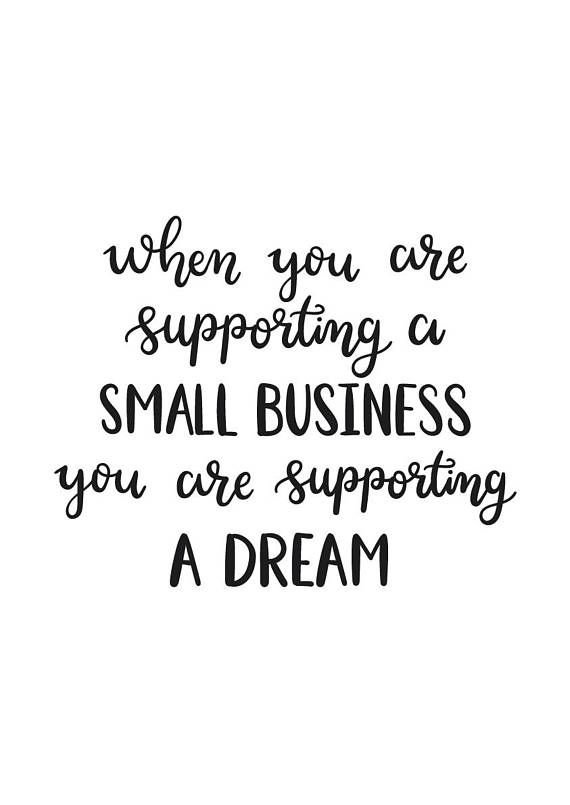Packaging
Our regular customers may have noticed a change in our packaging of late. For some, this has been extremely disappointing and frustrating as the packaging now includes dreaded polystyrene punnets! What is going on? Why would a regenerative farm focused on environmental impact be doing this?
Here’s why:
Long story short, we have changed butchers.
One of our greatest challenges with all of our products (chicken, pork, beef) has been the butchery and processing of the meat.
Early in 2022, our long standing butcher told us that he can no longer process our pork and beef as his business had grown. This catapulted us into finding other options.
We have always been uncomfortable with the idea of transporting animals as this creates stress. However, in order to go through the necessary channels and use registered facilities, this was a necessary starting step. We have always been upfront with our customers that we want to change this as soon as we can.
This is not easy for everyone to read but as conscious consumers, it is part of the process and responsibility.
At the end of 2022, we were super excited to find a butcher who would come to the farm and euthanise a beef animal. This meant the animal was not even aware of what was going on, and the whole situation was far more peaceful. He would then process the meat at his butchery.
In early 2023, we found someone able to do the same for the pigs.
The upside of both of these is far less stress for the animals and therefore a better quality meat. It is also more in line with our values.
The downside is that both are small businesses, just like ours. They do not have the big fancy vacuum machines that can safely seal products without the use of punnets to prevent bones piercing the plastic, or meat squishing out. Some of our meat goes into retail settings where it is subjected to many rummagings by customers and therefore needs to be able to withstand this.
On our second beef processing, we were able to work more closely with the butcher on the types of cuts and the packaging. Andre spent a morning with the butcher as he processed the meat and we were able to reduce the packaging significantly. This also encouraged us that we can continue to work with and improve the offering together with our butcher.
Being small businesses, the costs unfortunately do not go down despite the change in process. But again, this is in line with our values to support our local community. By buying our meat, you too are supporting these small businesses in our local economy.
The other major upside is that the carbon footprint of the meat is drastically reduced. Instead of driving animals to Boston, leaving them overnight, and driving back the next morning to take the meat to Howick, and then driving back to Howick to collect the meat a week or two later, the transport is significantly reduced by being collected from the farm, taken to the butcher, and collected in one go by us and brought back to the farm.
For us, supporting local businesses, preventing stress to the animal, and reducing food miles are major wins. Not to mention the regenerative impact these animals had during their lifetime, and that we can make “the one bad day” as unapparent as possible.
You can trust that we are working on the packaging as we go along. The alternative is to buy meat from a supermarket that may have less packaging, but fails the value test in many, many, many ways!
As we have said to many customers, please continue to support us as we grow and continue to improve our offering. Boycotting these issues in favour of supermarket meat will not help us to run a sustainable business, and support other small local businesses, especially in these challenging times. The values that our customers hold are important to us. We have, over the years, made numerous changes to improve our offering at significant cost, where that cost has not been passed to the consumer. But we continue to strive to provide the absolute best that we can!
If we could grow our market, together with our customers, to be able to deliver fresh cuts, straight from the butcher, wrapped in brown paper and string, ensuring all products are sold right away, that would be the dream. But, it is a two way street and for now, all our products are frozen, necessitating the use of plastic.
You may recall reading about the challenges faced with our chickens in November 2022. Many of our customers have expressed a desire that we slaughter chickens on farm. In our early days, we explored this. It is not difficult, but it is costly. We asked our customers then to support us to build up our business to where this could be a viable option. Unfortunately, the cost of doing this is extremely high. We are competing with imported meats, struggling against grain prices soaring, and the cost of labour to process our own birds would be extreme. We are working on it, still. But it is a tough balance between ensuring we can produce the best we can, while still ensuring the price is in line with what people are wiling to pay. We are now using a small local facility which has necessitated reducing our chicken numbers but again, lower food miles, less stress and supports a small business.




